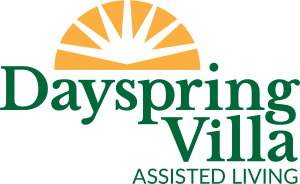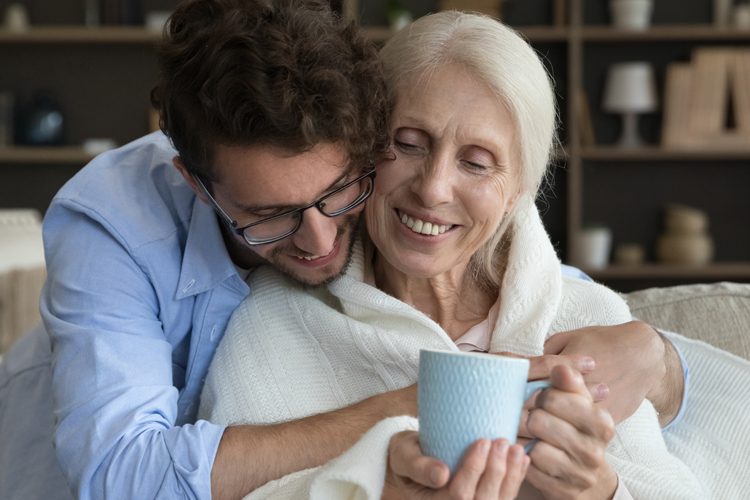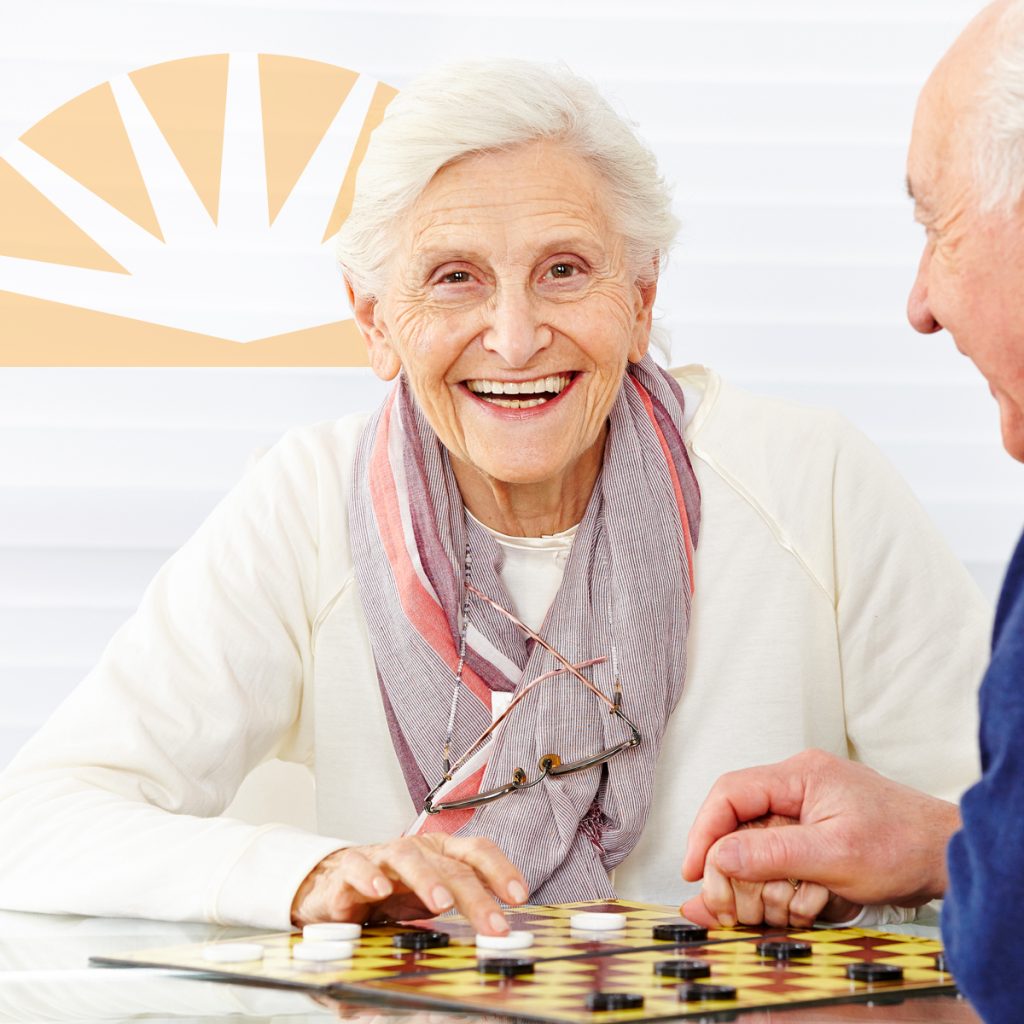Learning Empathy
I was writing a letter to my niece but my fingers wouldn’t bend. I had to hold my pen in the crook of my hand, between my unmoving index finger and my thumb. It took a long time. My handwriting didn’t look like my own, and I felt disconnected from it. I could only see from the periphery of my eyes, and so when I went to the breakfast table I needed help getting there so I wouldn’t trip or run into anything. When I sat at the table I was given a juice packet, and I successfully managed to get the straw in it, even with my stiff fingers. I felt proud I could do it on my own. Then I dropped the juice on the floor and felt clumsy and embarrassed. It was around then that people started to rush me. “Hurry up, hurry up! Finish your breakfast!” I quickly drank down some more of my juice and moved on. I wasn’t done, but I felt like I couldn’t stay.
Experiencing Physical Limitations Through Empathy Training
The next table was full of caring people, supervising others brush their teeth, wash their face, apply chapstick. When I sat down, the caring disappeared. “Hurry up! Come on, you need to get this done. Wash your face, brush your teeth! You only have two minutes.” It made me angry. My fingers wouldn’t bend and I had trouble getting toothpaste onto my brush. How could I do it in two minutes? I couldn’t see my face very well in the mirror to wash it. Everyone kept telling me I had to hurry, hurry, hurry! I wanted to shout that they didn’t understand. I wanted to escape, to go sit somewhere by myself where people wouldn’t rush me and make me feel inconvenient. But I couldn’t.
Simulating Arthritis And Vision Challenges For Elder Care Staff
This was my recent “empathy experience” which was hosted by the Christian Living Communities Mentor Program. It was designed to show us what physical challenges our Elders might face, so our fingers were taped with popsicle sticks to simulate arthritis, we wore vision-limiting goggles to experience low-vision, ear plugs to experience low-hearing, had beans put into our shoes to simulate neuropathy. We went around various stations, writing letters, having breakfast, doing hygiene tasks. We also had signs put on our head at random, instructing those around us to treat us in some terrible, stereotypical ways Elders are sometimes treated – “Rush Me,” “Ignore Me” and “Treat Me Like a Child.” What an eye-opener!
The Eden Alternative Approach To Compassionate Senior Care
I know from experience and from training with the Eden Alternative that residents can become lonely, helpless, and depressed when they are treated like this, but I still found it shocking how quickly I became frustrated and angry on my journey of learning empathy. Experiencing it myself gave me a much deeper and more meaningful understanding of the challenges our Elders face.
Transforming Senior Care Through Deeper Understanding
Today a resident told me she was frustrated and exclaimed: “I can’t see anything!” She has said this to me before, but this time I had a brand new perspective on what she really meant and a new jumping-off point for helping her to meet that need.
Enhancing Quality Of Life For Denver Assisted Living Residents
This is a tool which I will now bring back to all of our care partners to continue driving our mission to enrich the quality and dignity of life for all of our Elders, treating them with respect, compassion and love.
By Stormie Foust, Administrative Coordinator for Dayspring Villa




